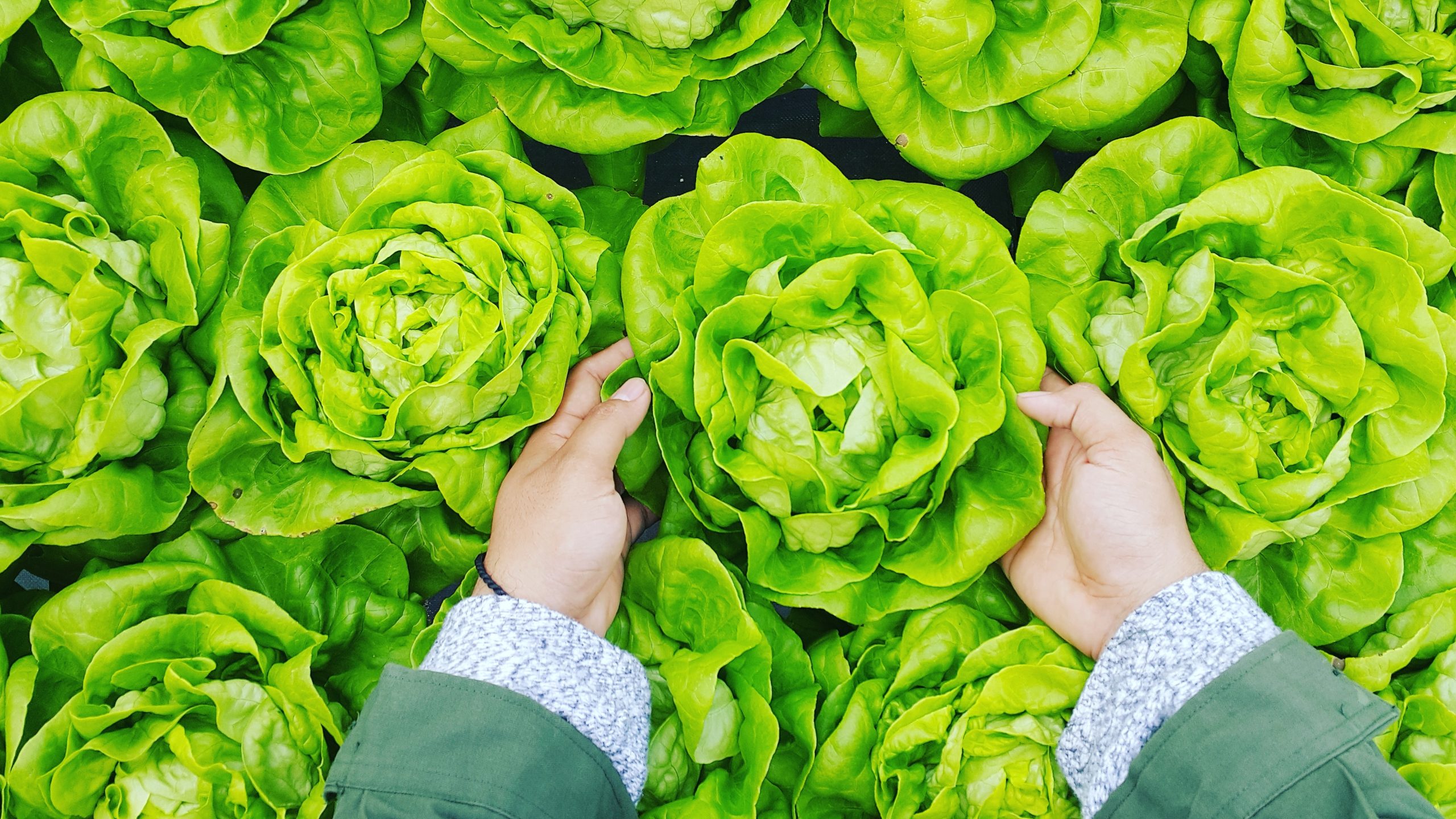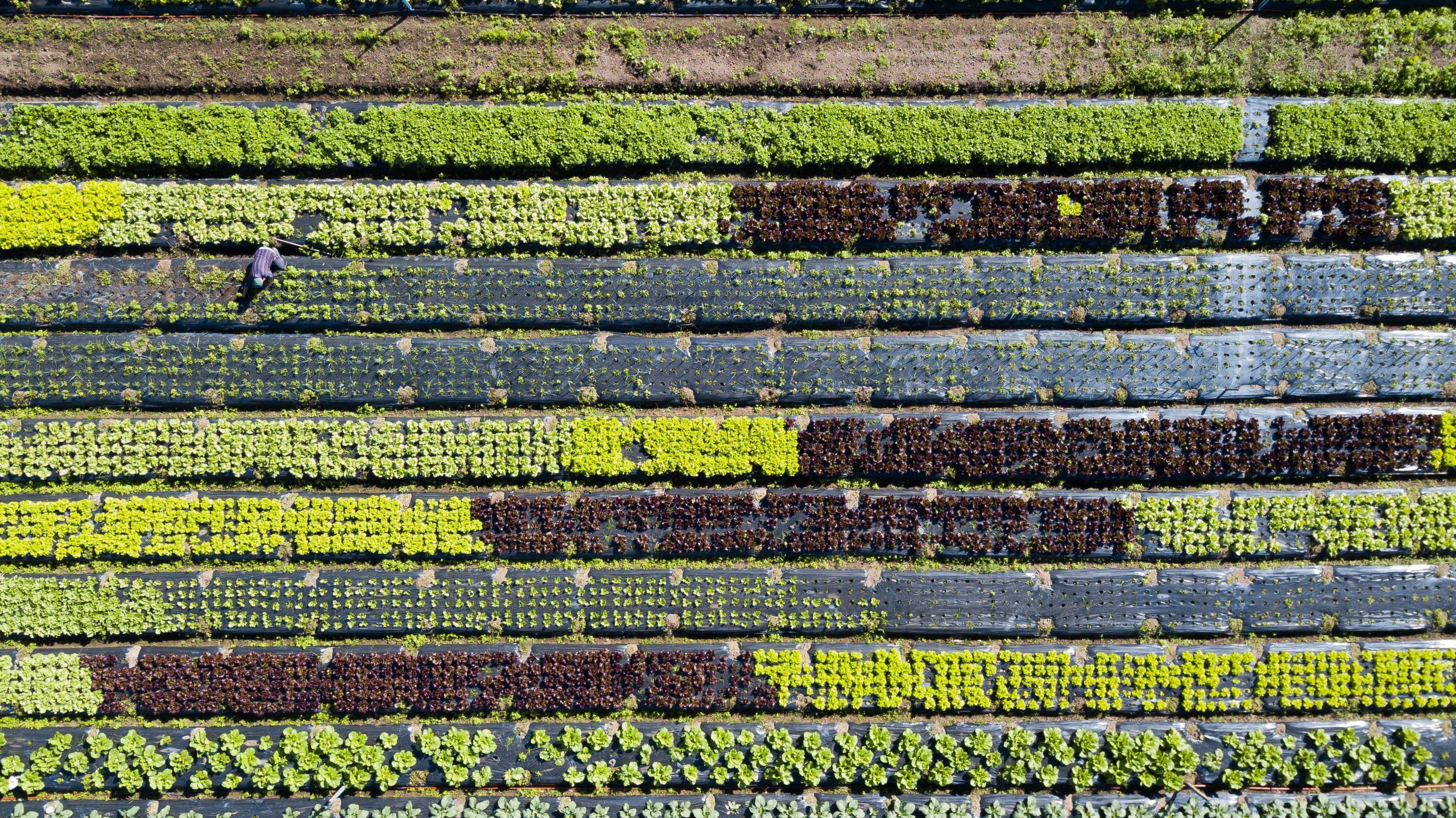In a world where the population is constantly growing, and the demand for food is ever increasing, it’s important that we think about sustainability. With unsustainable farming practices comes depletion of resources, soil erosion, and species loss. All of these things can have a serious impact on our ability to produce food in the future. Sustainable farming practices help to mitigate some of these issues by using renewable resources, recycling nutrients back into the soil, and using less water.
What is sustainable food?
According to the United Nations, sustainable development is defined as “meeting the needs of the present generation without compromising the ability of future generations to meet their own needs.” When it comes to food, this means producing enough nutritious and safe food to feed everyone today, while also preserving our land and water resources for future generations.
The term “sustainable food” can mean different things to different people. For some, it might simply mean eating organic foods that have been grown without the use of synthetic pesticides or fertilizers. Others might define it as eating locally-grown foods that have not been transported long distances by truck or plane. Still others might include fish caught in a way that does not damage delicate ocean ecosystems, or meat raised on pastureland that is managed in a way that prevents soil erosion.
Whatever your definition of sustainable food may be, one thing is clear: we need to start making more environmentally-friendly choices when it comes to what we eat. The growing population and changing climate are putting increasing pressure on our planet’s limited resources, and the current industrial food system is simply not sustainable in the long run. Below are just a few reasons why sustainable food is important:
- Sustainable agriculture protects our environment.
Conventional farming methods often involve heavy use of synthetic pesticides and fertilizers, which can pollute air and water supplies. factory farming involves confining large numbers of animals in close quarters, which results in vast amounts of manure that can contaminate groundwater supplies with harmful bacteria like E. coli . In contrast, sustainable agriculture relies on more environmentally-friendly practices like crop rotation , cover crops , and composting . These practices help build up healthy soils full of beneficial microorganisms , improve water retention
Why is sustainable food important?
Sustainable food is important for a number of reasons. First and foremost, it is important for the environment. Sustainable farming practices help to preserve our natural resources and prevent environmental degradation. Additionally, sustainable food is often more nutritious than conventional food, as it is grown without the use of harmful chemicals and pesticides. Finally, sustainable food supports local farmers and businesses, which helps to boost the economy.
What are the benefits of sustainable food?
Food production has a major impact on the environment. The way we grow and raise our food significantly affects climate change, water shortages, deforestation, loss of biodiversity and many other environmental problems.
The United Nations’ Food and Agriculture Organization recently reported that the meat industry alone is responsible for 14.5% of global greenhouse gas emissions. That’s more than the entire transportation sector! And it’s not just meats – all forms of animal agriculture contribute to these numbers.
Fortunately, there are many things we can do as individuals to help make a difference. One important way is to choose sustainable foods. Here are some of the benefits of eating sustainable foods:
They Contribute Less to Climate Change
As we mentioned above, animal agriculture contributes a significant amount to greenhouse gas emissions. In fact, according to Project Drawdown (a global non-profit dedicated to climate solutions), “reducing meat consumption is one of the top 10 most effective ways an individual can reduce their carbon footprint.” If everyone in the world ate no more than two servings of red meat per week (about half a burger), it would be equivalent to taking 80 million cars off the road each year!
How can we make sustainable food more available?
There are a number of ways to make sustainable food more available, but it will require a concerted effort from individuals, businesses, and government.
One way to make sustainable food more available is to support local farmers and producers. This can be done by buying from farmers markets or supporting Community Supported Agriculture (CSA) programs. Local farmers are more likely to use sustainable practices than large-scale commercial operations, so by supporting them we can encourage more sustainable methods of food production.
Another way to make sustainable food more available is to grow your own. This may not be possible for everyone, but even a small garden can yield a surprising amount of produce. If you don’t have space for a garden, consider joining a community garden or starting one in your neighbourhood.
Finally, we need to demand change from our government and elected officials. We need to let them know that we want sustainably produced food and that we’re willing to pay for it. We also need to support businesses that are working towards making sustainable food more accessible.

